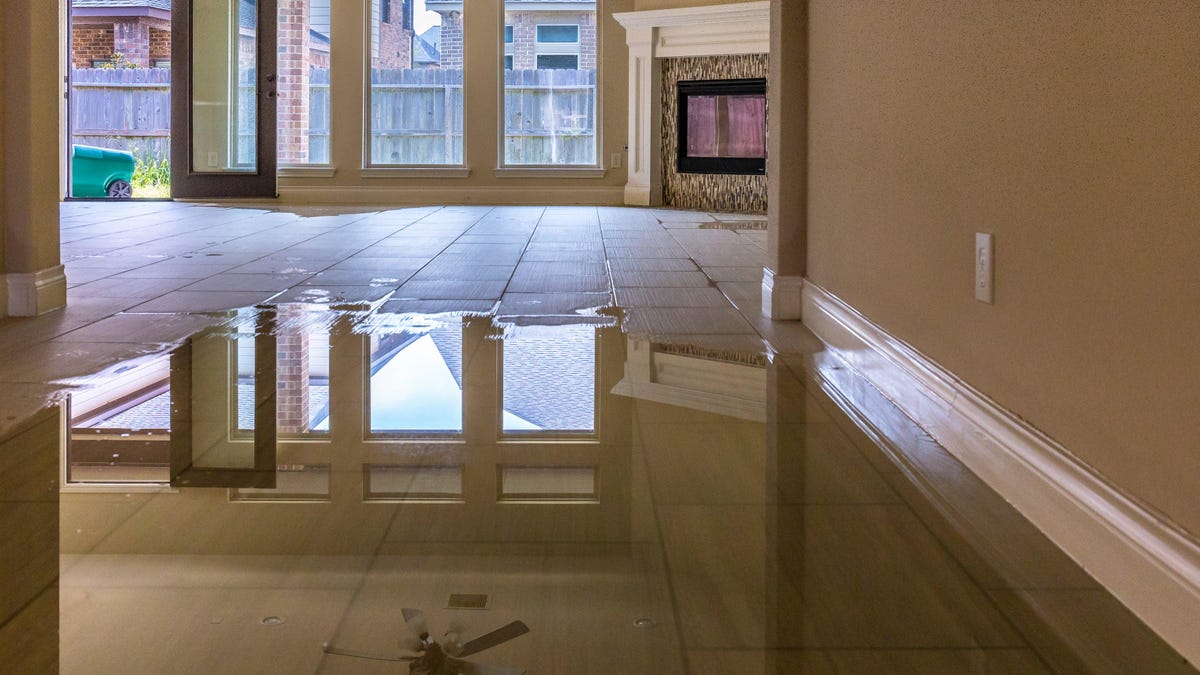When You Should (and Shouldn't) File a Home Insurance Claim
Homeowner’s insurance is a recommended (and if you have a mortgage, required) investment in the security of your home. While these policies help mitigate significant financial loss in the event of damage or destruction, they don’t cover every single...

Homeowner’s insurance is a recommended (and if you have a mortgage, required) investment in the security of your home. While these policies help mitigate significant financial loss in the event of damage or destruction, they don’t cover every single issue in need of replacement or repair. There are situations when it makes sense to file a claim and others when you should avoid it.
When you shouldn’t file a homeowner’s insurance claim
Unfortunately, your homeowner’s insurance policy isn’t a catch-all for damages and repairs. Here are the situations when you shouldn’t file a claim.
Your policy doesn’t cover the issue
Homeowner’s insurance policies come with quite a few exclusions, so even if you tried to file a claim, it would be denied. Here are some of the things you’re (likely) on your own for:
Natural disastersWater damageBug and rodent infestationsTrampolines, diving boards, and tree housesDamage due to renovationsBusiness use (such as Airbnb)External utility and service linesOf course, there is nuance to the above. For example, while your policy will generally cover damage due to fire, lightning, hail, hurricanes, tornadoes, and some weather conditions, you’re out of luck when it comes to earthquakes, floods, tsunamis, and nuclear explosions. Homeowner’s insurance also covers “sudden and accidental” water damage but not issues like sewer backups and slow leaks.
You didn’t keep up with maintenance
In addition to specific exclusions, homeowner’s insurance won’t cover issues that arise due to neglect. If you fail to fix a damaged roof or replace corroded pipes, you’re on the hook for any resulting water damage. Similarly, policies won’t pay out for normal wear and tear that results from living in your home day in and day out, like worn floors, peeling paint, and warped doors.
Your deductible is higher than the cost of repair
If the damage you need to fix is minimal and below your deductible amount, you may be better off paying out of pocket for the repair or replacement. Not only will you not get any benefit if your insurer denies the claim—and the payout will be minimal even if you’re just over your deductible—but your premiums could go up as a result.
You’ve already submitted several claims
Making a lot of claims in a short amount of time could increase your premium or result in your carrier canceling your policy altogether, leaving you eligible only for costly high-risk insurance. Claims are reported to a database called the Comprehensive Loss Underwriting Exchange (CLUE), which insurers review and consider when determining premiums and awarding policies.
Of course, if you have multiple instances of significant damage, that’s what your homeowner’s insurance is for. But try to avoid filing a bunch of smaller claims in a five-year period if you don’t have to.
When to file a homeowner’s insurance claim
When you’re paying for homeowner’s insurance, you want to get the benefits—but only if it makes financial sense. Here’s when it probably does.
The repairs will cost more than your deductible
If fixing home damage will cost only a few hundred dollars and not even meet your policy deductible, you don’t need to bother filing an insurance claim. Deductibles can be as little as $500 or more than $2,500, and some policies have different deductible amounts for different types of damage.
Take time to calculate what percentage of the cost your insurer will cover after you pay your deductible—if it’s, say, 25%, the potential increase in your premium may not be offset. On the other hand, if it’ll cover 75%, it’s well worth it.
The damage is significant (and covered by your policy)
As described, homeowner’s insurance only applies in some cases of damage, and it makes sense to use it if the policy will actually pay out to cover what needs to be repaired. You should absolutely submit a claim for covered events that’ll cost you more than your deductible and would set you back tens or hundreds of thousands of dollars otherwise.
You have an additional endorsement
While we’ve named a whole list of exclusions for homeowner’s insurance, you should absolutely file if your claim is covered by any add-ons you’ve paid for, such as a valuable personal property or jewelry endorsement or sewer backup coverage. Repair or replacement in these cases is usually costly if paid for out of pocket.

 ShanonG
ShanonG 
































